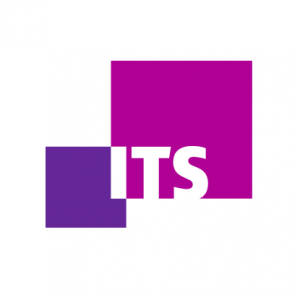Report | AI20: Artificial Intelligence in a Global Context
categories
theme
Artificial Intelligence (AI) is reshaping the world at an unprecedented pace, presenting both opportunities and challenges that demand a coordinated and responsible approach. The “AI20: Artificial Intelligence in a Global Context” report was developed to provide the G20, which will be held in Brazil in 2024, with a robust foundation for crafting policies that ensure AI contributes positively to global society.
ITS Rio, the Leibniz Institute for Media Research, and the German House of Science and Innovation (DWIH) São Paulo collaborated to gather a diverse group of experts from various fields and nationalities. Together, they formulated recommendations on AI governance within the G20 context, focusing on three key areas: regulatory sandboxes, the use of AI to achieve the Sustainable Development Goals (SDGs), and the reconfiguration of copyright in the AI era.
Central to this report is the principle that AI regulation must strike a balance between fostering innovation and upholding social responsibility. The document outlines the creation of ethical regulatory sandboxes, offering a framework for controlled experimentation where new technologies can be tested within regulated environments without compromising public interests. It also emphasizes the significance of promoting AI for the public good, particularly in enhancing government transparency and citizen participation, which are crucial for achieving the SDGs.
The report also underscores the need to reassess the role of copyright in the age of AI. As generative technologies advance, questions of authorship and intellectual property protection have become central to the global discussion. The document proposes that the G20 take the lead in organizing a new international conference on this subject, ensuring that creators’ rights are safeguarded while also encouraging technological innovation.
Download the full report to discover how these recommendations can shape the future of AI.

